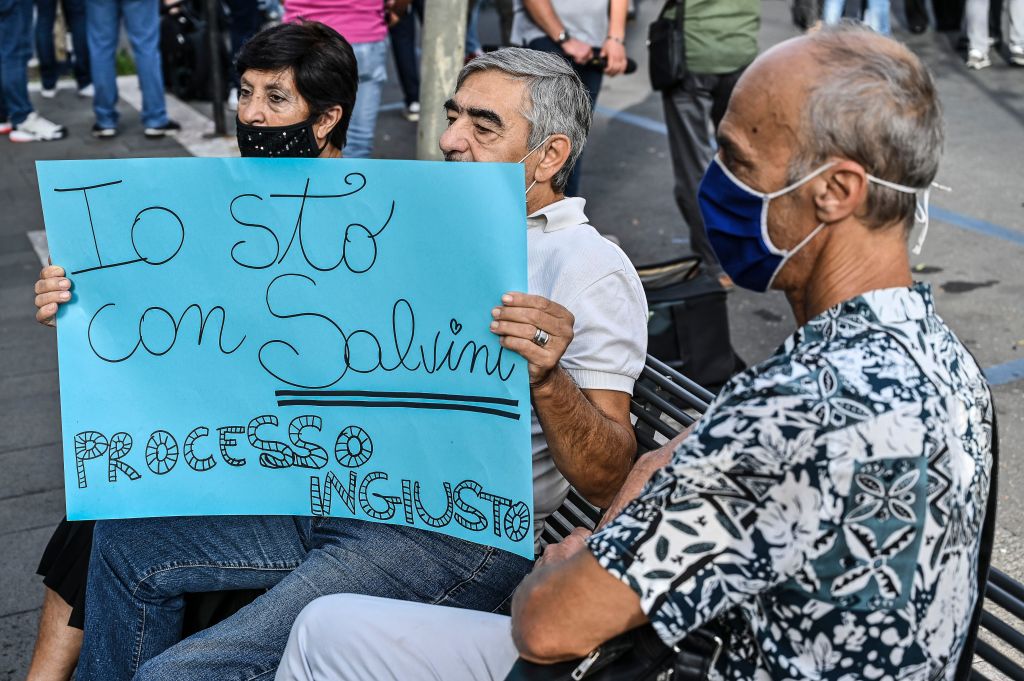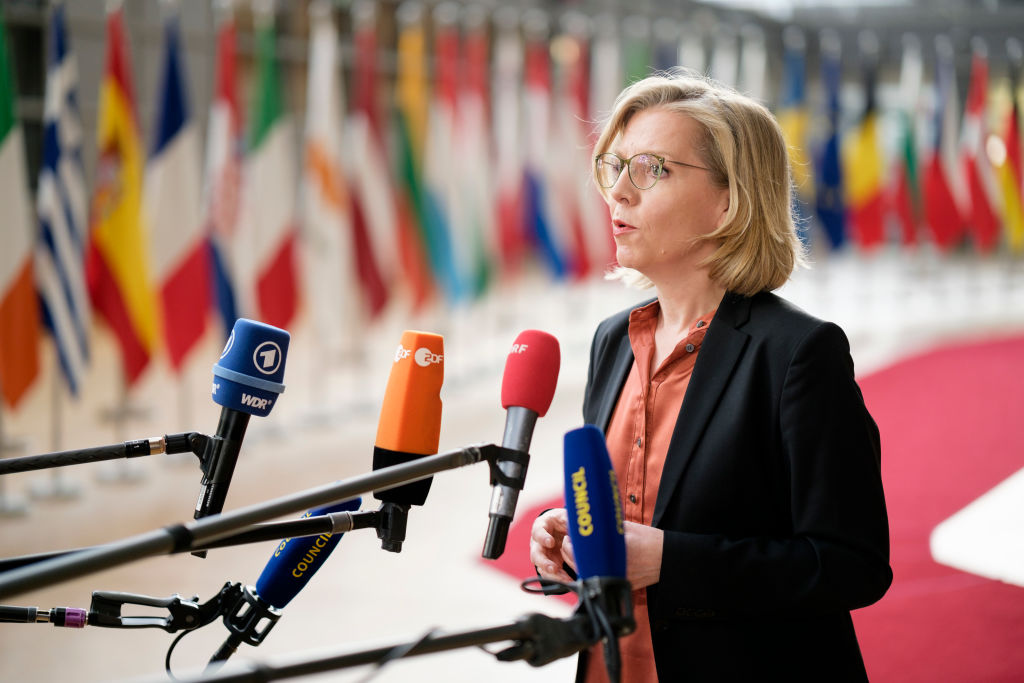The Austrian People’s Party is the Western hemisphere’s longest-serving government party, having been in the government as a senior or junior coalition partner continuously since 1987. But having been in government so long had, by the mid-2010s, rendered it a husk: the party seemed more interested in preserving its government positions (and control over lucrative government contracts) than in standing for something. This became particularly apparent with the outbreak of the migrant crisis in 2015, when the supposedly “conservative” party stood by as Austria was flooded with migrants. Voters, seeing this, flocked to the populist-right Freedom Party, and the People’s Party’s numbers crashed. A Freedom Party chancellor seemed imminent.
But then, Sebastian Kurz took the reins of the People’s Party. Kurz had risen like a rocket to the top of Austrian politics, becoming foreign minister at only 27 and party chairman at the age of 30. Kurz had made a name for himself as a fierce critic of mass migration, having played a key role in closing the “Balkan route”, through which millions of migrants had entered central Europe. His rise to the top of the party showed voters that the People’s Party could actually care about something; voters reversed course and dropped the Freedom Party for Kurz’s People’s Party. Kurz was swept into the chancellery in the next elections.
But Kurz wanted to do things differently. He brought his own coterie with him, centralising decision-making authority, and sought fundamentally to remake the party, replacing its old black colour for a bright turquoise, even referring to it as the “New People’s Party”. But in doing so, he was trying to change the way business was done in the party (the “black governors” of the Austrian states had previously held lots of power). Critics called his operations the “House of Kurz”; in the words of one, Kurz had established “a close-knit network of the chancellor’s loyalists in the government, private sector and media who quietly collaborate to their mutual benefit.”
Anyone who knows Austrian politics knows that this is an absurd critique – the People’s Party, having been in power for over 30 years by the time of Kurz’s ascension, was built around a “close-knit network”. And Austria’s long history of “grand coalitions” (between the centre-left and centre-right) understood that the entire system was based around friendly deal-making. Kurz’s sin was that he had dared to break that system and replace it with his own, in order to do controversial things like reject mass migration.
So it was not shocking when the establishment fell upon their favourite tool to use on populists: lawfare. Austria’s government has an “independent” agency called the Economic and Corruption Prosecutor’s Office (shortened to “WKStA” in German). The WKStA frequently opens up investigations against Austrian politicians and spends years investigating them; even though it is supposedly independent and nonpartisan, the salacious details of these investigations somehow always leak to left-wing friends in the press. Then, they decide whether or not to charge them; if they decide against charging them, the person’s name is still muddied, having had all the salacious details of the investigation leaked to the press. This is no small thing: careers have been wrecked by these years-long investigations which went nowhere.
But if they decide to charge them, then the politician is dragged through a court case. This is what happened to Kurz. Austrian opposition parties can require politicians to testify under oath; he was asked if he had had something to do with the appointment of an individual to a certain government board. He said “Yes” and then proceeded to describe how he was sometimes more or less involved with such appointments. This – according to the WKStA – constituted a lie, since he was not descriptive enough of his role. They opened an investigation against him while he was chancellor; a year later, in 2021, they opened another investigation against him for an unrelated matter. This gave his coalition partners, the Greens, and the black governors the excuse to throw him out of the chancellery. Years later, when the trial finally occurred, he was found guilty, rendering him a felon and basically making any future political comeback impossible.
But this week, a higher court found that “Yes” in fact does mean “Yes” and that Kurz was honest in his answer, reversing the description.
Appallingly, this is not the end of Kurz’s legal troubles, as the second investigation which had been opened up is still ongoing; apparently the WKStA just can’t make up its mind as to whether he should be charged. One would think that such a thing – opening an investigation against a sitting politician and then leaving that investigation open for nearly four years – should be illegal. But in Austria, such lawfare is par for the course. Kurz is not even the only Austrian populist to be investigated. Herbert Kickl, the leader of the Freedom Party and first-place finisher in Austria’s last elections, is likewise being investigated by the WKStA for supposedly false statements.
Establishmentarians would seek to convince you that this is fair, but the notion that only populist politicians commit crimes is too rich to believe. The lie of “independent agencies” is clear: no establishment figure is going to be putting people in power who will then tear down the people who put them there. This is not to say that no populist has ever committed a crime. But when the lawfare is repeated and pan-Western – President Donald Trump, Prime Minister Giorgia Meloni, former Polish Prime Minister Mateusz Morawiecki, the German AfD, Marine Le Pen, members of the Bulgarian Revival Party, and more are all being investigated by supposedly independent agencies and prosecutors – a clear pattern starts to emerge. The pattern becomes clearer still when one considers how frequently establishment-friendly figures in Brussels manage to get off the hook.
And that pattern is this: establishmentarians, losing in the polls and facing a weakening or loss of power, are seeking to use any means to keep the populists at bay. If they can, they ban them from elections. If they can’t do that, they seek to arrest them or limit their speech. The problem is, sometimes the populists escape the establishmentarian web and come out as martyrs. President Trump was, ultimately, aided in his return to the White House by the no less than four court cases against him
Now that Sebastian Kurz has been acquitted, he too can start his comeback, if he so desires. He may not even have to climb the ladder back up: powered by political martyrdom, he might simply rocket up once more.





Austrian voters sick of fakery, they want Kickl, the real thing